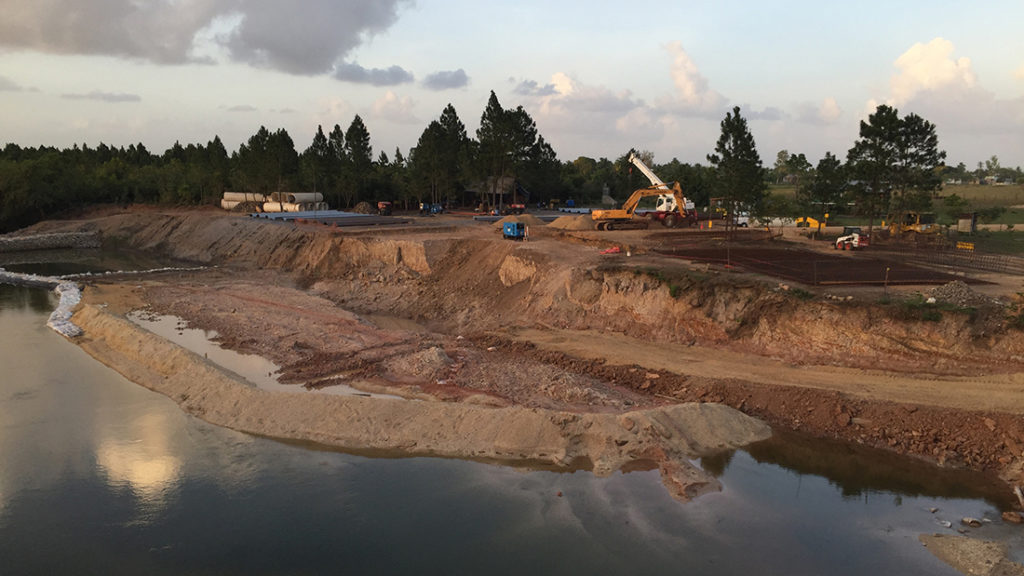Clark geographers publish article on infrastructure investment in leading journal

Professors and scholars from Clark University’s Graduate School of Geography contributed to an article published in the Proceedings of the National Academy of Sciences that warns that large-scale infrastructure projects in tropical countries are undermining efforts to prevent climate change and biodiversity loss and enhance community land and resource rights. In their article, “Opinion: Priorities for governing large-scale infrastructure in the tropics,” the group suggests alternative approaches to infrastructure, guided in particular by an understanding of development that prioritizes human and environmental flourishing, equitable participation in decision-making, climate change mitigation, and a deepened relationship between science and public debate.

Five of the article’s 11 authors have Clark ties, including lead author Anthony Bebbington, the Milton P. and Alice C. Higgins Professor of Environment and Society and former director of Clark’s Graduate School of Geography. Other authors include Denise Humphreys Bebbington, research associate professor in Clark’s International Development, Community, and Environment Department; and three researchers associated with the Graduate School of Geography: John Rogan, professor of geography; Laura Aileen Sauls, Leverhulme Early Career Fellow at the University of Sheffield and former doctoral student in Geography; and Nicholas Cuba, assistant professor of geography at Auburn University, Montgomery and a former post-doctoral scholar in the Extractives@Clark research center, with which all five authors are also associated.
The Clark scholars collaborated with others from Boston University, UCLA, and University of California–Merced, and grantmakers and activists from the Gordon and Betty Moore Foundation, Oxfam, and PRISMA-El Salvador to pinpoint specific hotspots where infrastructure threatens some of Latin America’s most significant forests.
The article is a response to the G-20’s emphasis on investment in large-scale infrastructure as a means of promoting economic growth. Governments are also promoting investment in infrastructure as a response to economic recession in the wake of the COVID-19 pandemic. The authors discuss the weakening of environmental and social safeguards, deforestation, and violence that accompany this approach to economic reactivation. They outline how science can be part of an alternative approach to infrastructure planning that emphasizes sustainability and respect for human rights.
Related link: Development threatens tropical forests, researchers say


